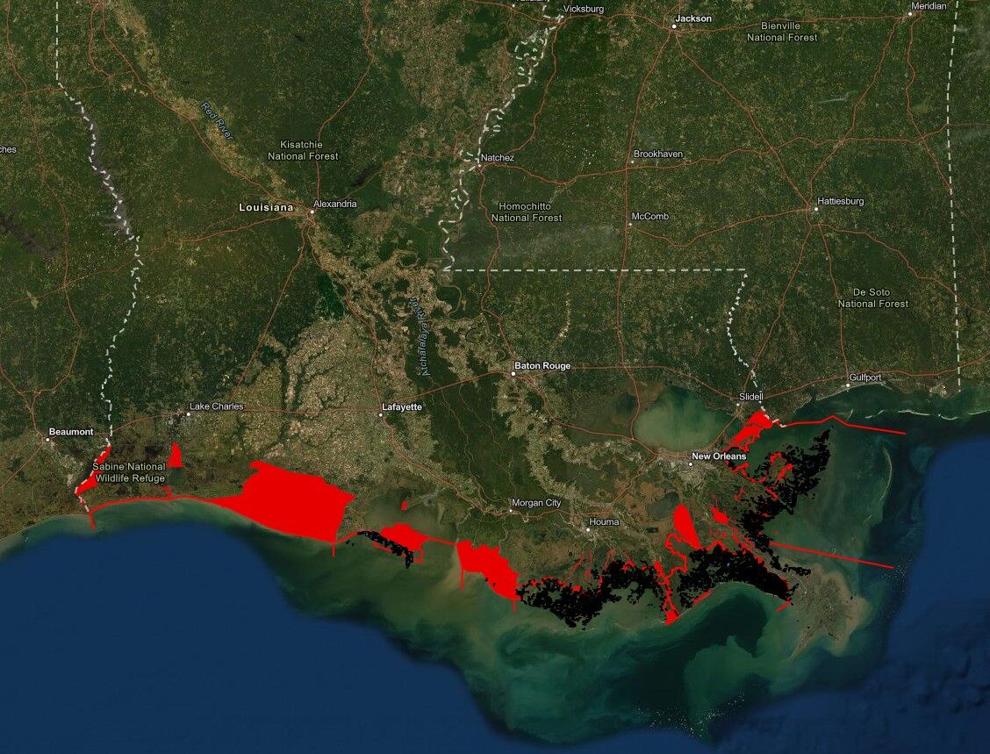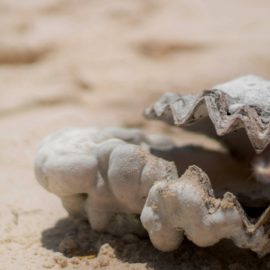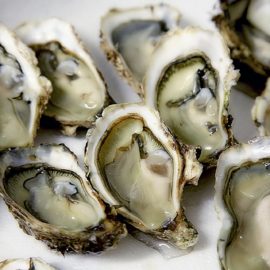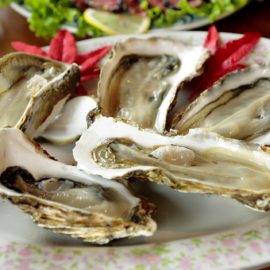
My wife says this is not shellfish time as there is no “r”in June. I guess she is right.
Three men have been cited for harvesting oysters from a polluted area of Lafourche Parish, the state Department of Wildlife and Fisheries said Monday. Responding to complaints, a Louisiana Department of Wildlife and Fisheries patrol team found Marco Dominguez-Aguilar, 21, Daniel Sanchez Machucho, 28, both from Houma, and Luis Miguel Aguilar Macedo, 23, from Bayou Blue, taking oysters from south Lafourche waters closed to shellfish harvesting due to high concentrations of fecal coliform bacteria. Wildlife agents seized three bags of oysters and returned them to the water on Friday.
nola.com

Louisiana Department of Health
They could be fined and do jail time or community service.
The penalty for taking oysters from a polluted area is a fine of up to $950 and up to 120 days in jail. Violators could also have their oyster harvester licenses revoked for up to one year and be required to perform community service. The polluted area had been closed by the state Department of Health. The source of the contamination is unclear, but common sources include leaky septic systems, waste dumped from boats and animal feces. Fecal contamination typically closes several hundred acres off the Louisiana coast at any one time. Health officials regularly test for fecal contamination in oyster-growing areas. Closures usually last 21 days before additional testing is done.
No matter how much you love oysters, don’t eat these.



